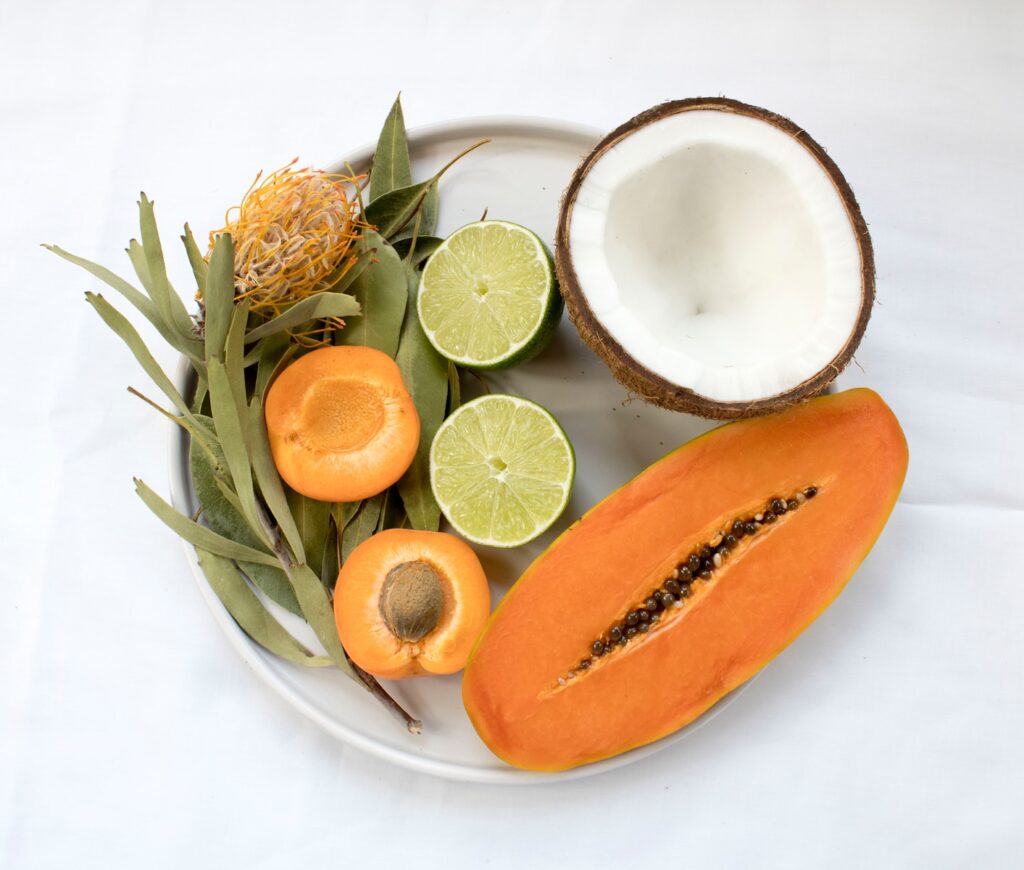Nutritional Value:
Organic food is often praised for its superior nutritional value. Research suggests that organic fruits and vegetables have higher levels of essential vitamins, minerals, and antioxidants compared to conventionally grown produce. This can be attributed to the absence of chemical fertilizers, pesticides, and herbicides, which may strip away some of the nutrients in conventionally grown crops.

Reduced Exposure to Chemicals:
One of the primary reasons people choose organic food is to minimize their exposure to harmful chemicals. Conventionally grown crops are often sprayed with synthetic pesticides and herbicides that can leave residues on the food we consume. These chemicals have been linked to various health issues, including hormone disruption, neurodevelopmental problems, and certain types of cancers. Choosing organic ensures that you are consuming food free from these potentially harmful substances.

Environmental Benefits:
Organic farming practices are designed to promote sustainability and protect the environment. Organic farmers use natural fertilizers, such as compost and manure, which enrich the soil and improve its structure. They also employ techniques like crop rotation and integrated pest management to control pests and maintain soil health. Additionally, organic farming prohibits the use of genetically modified organisms (GMOs), helping to preserve biodiversity and prevent potential risks associated with GMO cultivation.

Antibiotic and Hormone-Free:
When it comes to animal products, such as meat, poultry, and dairy, organic farming practices ensure that animals are raised without the use of antibiotics or growth hormones. In conventional farming, antibiotics are often given to animals to promote growth and prevent diseases that can arise from cramped living conditions. By choosing organic animal products, you support more humane and sustainable farming practices.

Taste and Flavor:
Many people argue that organic food tastes better than its conventional counterparts. Organic crops are grown in healthier soil, which can enhance the taste and flavor of the produce. Without the presence of synthetic additives, organic food offers a more authentic and natural taste experience.

Choosing organic food offers a range of benefits, including higher nutritional value, reduced exposure to chemicals, environmental sustainability, and support for more humane farming practices. While organic food may sometimes be more expensive, the long-term benefits it provides for your health and the environment make it a worthwhile investment. By making conscious choices and opting for organic whenever possible, you can contribute to a healthier and more sustainable food system.
















